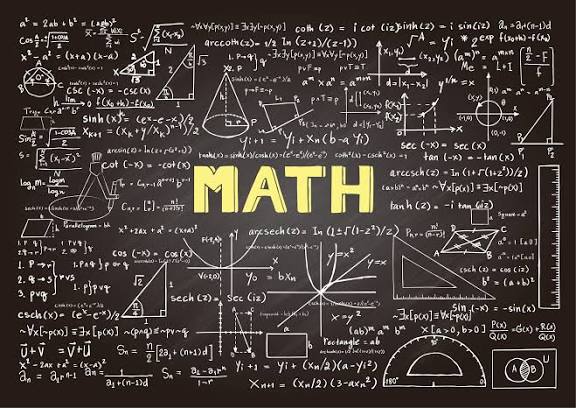Nigeria’s Federal Ministry of Education has announced a major revision to admission requirements for universities and polytechnics, stating that senior secondary school students in the arts and humanities will no longer be required to present a credit in mathematics to qualify for entry into tertiary institutions.
Previously, students in all disciplines were mandated to secure five credit-level passes in the Senior School Certificate Examination (SSCE), including both English Language and Mathematics. The SSCE is administered by the West African Examinations Council (WAEC) and the National Examinations Council (NECO). The change marks a significant policy shift, particularly for students in non-technical fields who have long argued that a mathematics requirement was an unnecessary barrier to higher education.
The Ministry clarified that the reform is part of newly approved National Guidelines for Entry Requirements into Nigerian Tertiary Institutions. These guidelines are intended to remove structural obstacles to education while maintaining academic standards across all post-secondary levels.
According to the ministry’s spokesperson, Folasade Boriowo, the revised framework has been designed to improve accessibility and equity within the education system. Under the new guidelines, mathematics remains compulsory only for students pursuing courses in the sciences, technology, engineering, mathematics (STEM), and social sciences. Arts and humanities students will be assessed based on their performance in relevant subjects and English Language, obtained within a maximum of two examination sittings.
The new guidelines apply to all categories of Nigerian tertiary institutions: universities, polytechnics, colleges of education, and Innovation Enterprise Institutions. For university admissions, candidates must now obtain five credit passes in subjects relevant to their intended field of study, including English Language. Mathematics is required solely for science and social science disciplines. National Diploma (ND) applicants to polytechnics are required to present four credit passes, with mathematics compulsory only for science and technical programmes. Higher National Diploma (HND) admissions still require five credits, including both English and mathematics. Colleges of education will demand four credits, with English Language mandatory for arts and social science candidates, and mathematics required only for science, vocational, and technical education programmes.
The Minister of Education, Dr Tunji Alausa, explained that the reform was a deliberate effort to increase access to tertiary education. He said that over two million students sit the Unified Tertiary Matriculation Examination (UTME) annually, but only around 700,000 are admitted. He noted that this discrepancy was not due to lack of ability, but rather to outdated and unnecessarily restrictive entry conditions that had long prevented many qualified candidates from advancing.
Dr Alausa indicated that the reforms are intended to raise the annual admission capacity to between 950,000 and one million students, allowing for an additional 250,000 to 300,000 students to enter higher education each year. He stated that the reform aligns with the government’s Renewed Hope Agenda and represents a broader commitment to ensuring that all Nigerian youths are given a fair chance to access education and fulfil their potential.
Education analyst Ayodamola Oluwatoyin, speaking to the press in Abuja, described the reform as a timely and necessary intervention. She said it would ease the path to higher education for many students, particularly those who had been previously excluded due to difficulties with mathematics despite excelling in other areas.
Student organisations have also expressed support for the change and have called for further measures to address other barriers within the education system. They argued that the revised requirements represent a step towards fairness and inclusiveness, particularly for students who possess strong academic records in non-technical subjects.
Although the reform removes a national-level requirement for mathematics in arts and humanities admissions, the Ministry confirmed that individual institutions and professional bodies retain the discretion to set additional subject-specific requirements, provided they align with the overarching national standards.
The National Universities Commission (NUC) and other regulatory bodies have been tasked with overseeing the implementation of the policy. The changes are expected to take effect from the 2025/2026 academic cycle, with all tertiary institutions required to comply accordingly.
